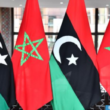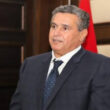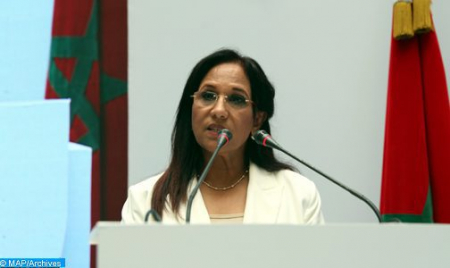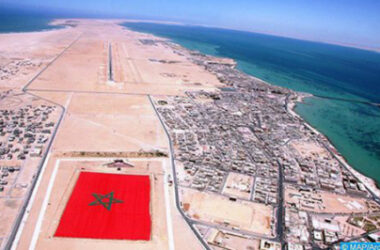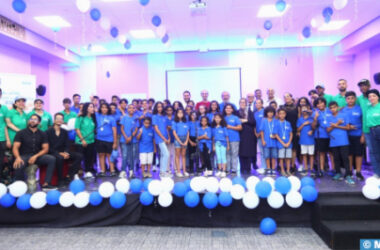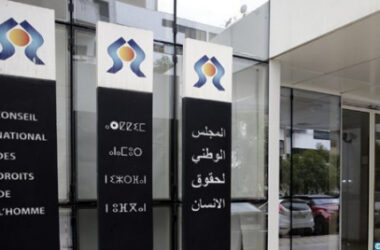Speaking at the opening of a workshop on the theme “Socio-economic rights of migrant and refugee workers: towards an inclusive strategy of professional integration”, Bouayach stressed the importance of clearly rethinking the integration paradigms of migrants and refugees who are settled in low-income economies and ensure a management of migration flows based on the law.
“Our proposals could turn migration and asylum into assets”, she said, emphasizing the importance of thinking about development differently, through improving the full implementation of protection measures for foreigners, regardless of their status, and their inclusion in the public policies of countries of residence.
Referring, in this sense, to the latest report of the World Bank, the CNDH president noted that 43% of migrants and refugees are in low-income or middle-income countries, 40% in high-income countries and 17% in countries of the Gulf Cooperation Council, calling for discussion on renewing an inclusive strategy for professional integration of workers, migrants and refugees.
On the other hand, she said that “Morocco has decided, since 10 years, to implement a new policy on immigration and asylum, to allow the socio-economic integration of foreign residents,” adding that the CNDH had welcomed the progress made by the Kingdom of Morocco in terms of regulations and public policies on integration program, training and employment of the National Strategy for Immigration and Asylum, on the occasion of the 36th session of the United Nations Committee on the Protection of the Rights of All Migrant Workers, held last March.
On the other hand, she added, the CNDH had underlined the persistent challenges in the implementation of its treaty obligations relating to the rights of migrant workers, calling for the need to integrate the migration dimension into the various mechanisms and strategies of public policy.


